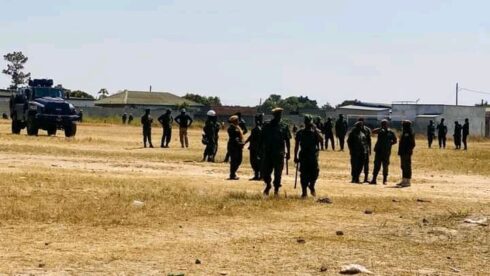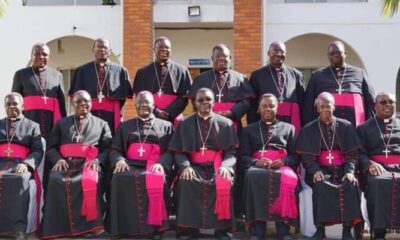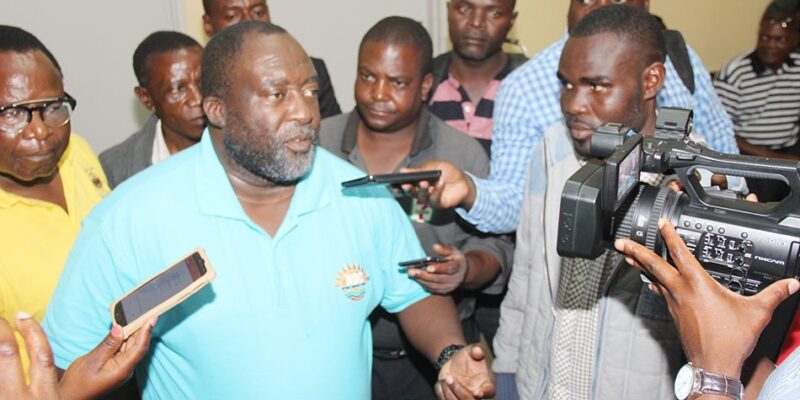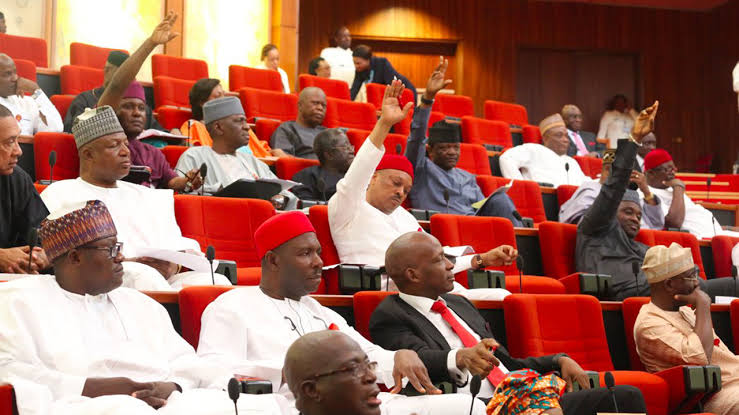Upholding the rule of law is fundamental to protecting human rights and dignity, ensuring justice and equality for all and promoting stability, security, and predictability.
It is also crucial for fostering economic growth and development, preventing abuse of power and corruption, and maintaining social order and cohesion.
President Hakainde Hichilema, in his inaugural speech in August 2021, pledged to restore the rule of law in Zambia, promising a departure from the country’s past governance challenges.
“We will restore the rule of law, general order in our public places and communities, and return our country back to normalcy. Read my lips, no more cadreism from any political party,” he said.
“There is space for all of you, but no space for thuggery, no space for violence. It is a new dawn for the country going forward.”
However, concerns have since emerged over the state of the rule of law in Zambia.
Issues such as the executive’s significant influence over the judiciary and legislature, judicial appointments and decision-making have raised questions about the independence of the courts.
Opposition parties continue to criticise laws like the Public Order Act and the Cyber Security Act, which they argue restrict free speech and assembly.
Several opposition parties, including the New Heritage Party and the Socialist Party, have been denied police permits to hold public rallies.
While some rallies, such as those by the United Kwacha Alliance and Citizens First party, were initially blocked, they were eventually allowed to proceed after intervention.
Opposition leaders, including former President Edgar Lungu and Socialist Party leader Dr. Fred M’membe, have voiced concerns about what they see as a shrinking space for political engagement and expression.
Civil society organizations, including ActionAid, the Non-Governmental Gender Organizations Coordinating Council (NGOCC), the Alliance for Community Action, and Chapter One Foundation, have expressed alarm over what they describe as a “shrinking space for freedom of expression and assembly.”
In a joint statement, 13 civil society organizations noted a “growing intolerance for dissent,” citing recent failures by public authorities to protect these fundamental democratic rights.
Despite these concerns, the government has maintained that Zambia’s democratic space is not shrinking.
Justice Minister Mulambo Haimbe, speaking on ZNBC TV’s Sunday Interview, stated that the current administration, in office for just over two years, is not perfect but is committed to maintaining democratic freedoms.
“We are not professing perfection; there are bound to be mistakes. However, that cannot equate to a shrinking democratic space,” Haimbe argued.
Veteran politician Vernon Johnson Mwaanga echoed this sentiment, dismissing opposition claims and asserting that Zambia has faced similar challenges before and will overcome them.
“Citizens will not allow the country to slide back to the old days,” he said. “I don’t accept these concerns because I have seen this country through ups and downs.”
However, critics highlight that free speech rights in Zambia are increasingly under threat, with journalists facing harassment, arrests, and censorship.
The government’s monitoring of online activities through the Cyber Security and Cyber Crimes Act has been another point of contention.
Recently, the Ministry of Science and Technology invoked Section 54, No. 2 of 2021, to combat online hate speech, propaganda, defamation, and child abuse.
Dr. Brilliant Habeenzu, Permanent Secretary at the Ministry, warned that the government is investing heavily in cyber infrastructure to track down and prosecute online offenders.
Public gatherings and protests are often dispersed or banned, with citizens and media outlets frequently hesitating to express dissenting views.
Stakeholders are calling for judicial reforms to enhance judicial independence and impartiality, repeal or amend restrictive laws, reduce executive influence, and protect journalists from harassment and intimidation.
By addressing these challenges, Zambia can strengthen the rule of law and expand free speech rights, enabling citizens to freely express themselves and hold those in power accountable.
This story is sponsored by Project Aliyense.

 Metro2 days ago
Metro2 days ago
 Sports2 days ago
Sports2 days ago
 Culture2 days ago
Culture2 days ago
 VenturesNow2 days ago
VenturesNow2 days ago


























